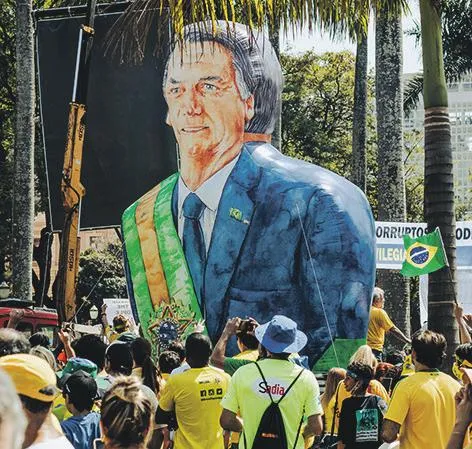There is no doubt that the evangelical vote played an important role in Bolsonaro’s victory for the presidency of Brazil in the last election.
His campaign assumed, both in speech and in practical acts, a preference for this segment. Understanding the role that evangelical churches play in the lives of the faithful is crucial to understanding the growing power that the movement has in the country today.
In their struggle ‘for life and family’, evangelicals strongly agree with some Catholic groups and right-wing political forces, an ideological convergence that has been called the ‘new conservative ecumenism’. Evangelical churches serve as support networks for those in need – they offer literacy courses, activities for children, and even financial support for families who need it. They have become the backbone of many poor communities across Brazil, taking on a role previously played by the Catholic Church and left-wing social movements. In fact, the substantial social weight of evangelical churches is linked, among other things, to their importance as ‘problem solvers’ in precarious sectors of society. Religious communities are increasingly extending this commitment to the political sphere. This, in turn, is allowing them to further convey their conservative message and gain the ability to invite those they help to participate in organised political action to advance their agenda.
 letter from Brazil
letter from Brazil







